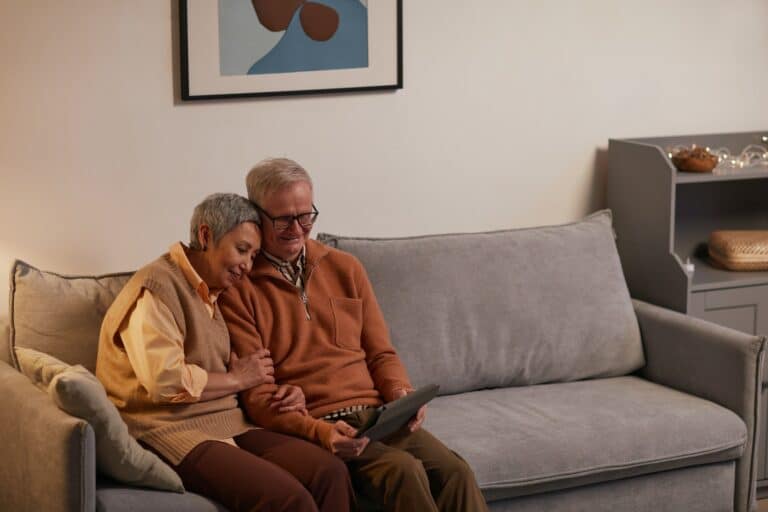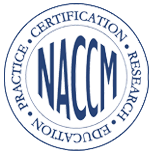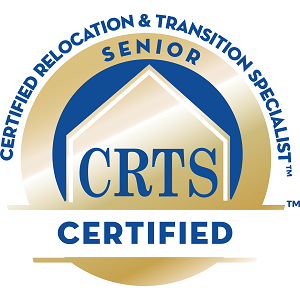Geriatric Assessment: National Preparedness Month
September is National Preparedness Month. Observed each year, National Preparedness Month raises awareness about disaster and emergency preparation. This year’s theme is: “Prepare to Protect. Preparing for disasters is protecting everyone you love.” Disasters and emergencies come in many forms: hurricanes, power outages, floods, a bad fall, fire, tsunami, medical emergency, heart attack, and more. Emergency preparedness is especially important when caring for our elderly loved ones, and medical management is vital in all circumstances, including emergencies.
A geriatric assessment is important when preparing for emergencies. This is because they can help identify the needs of older adults, which may differ from those of younger people. This article will discuss the geriatric assessment of emergency plans and how you can use them for your planning.
What Is Geriatric Assessment?
Geriatric assessment is evaluating an individual’s health and functional status to provide timely interventions. Medics usually do these assessments on elderly individuals who get referred for a specific reason. The assessment takes place in hospitals or long-term caregivers’ facilities, but they can also perform them in people’s homes. The assessment covers five domains:
- Cognitive function
- Physical function
- Emotional well-being (or mental health)
- Social activity/engagement
- Environmental factors that affect the quality of life
Importance of Geriatric Assessment
Help the Patient Maintain Independence & Functionality
Aging is a normal process, but aging well is something we can control. We can do some things to help people live more comfortably while experiencing the physical and mental changes associated with aging. For example, if someone needs help getting around their home or apartment, installing grab rails on countertops and toilet seats will give them extra support and keep them from falling.
Placing non-slip mats underneath telephones and water faucets will also offer protection. That is, if the flooring is slippery due to spilled liquids. By providing this type of personalized equipment and making other appropriate changes to the living space, seniors can live independently for as long as possible.
Monitor Common Health Issues & Alzheimer’s Disease
Both physical and mental changes are likely to occur during this time in one’s life. Those who don’t plan for them may end up with additional costs down the line. Regular health screenings can help detect diseases such as:
- High blood pressure
- Heart disease
- Diabetes
- Cancer at their earliest stages
This can also help ensure that your loved ones receive early intervention services if any of these illnesses emerge. Screenings also provide information about how much exercise patients should get each week, whether you need a change in diet and exercise habits, and information about medications that could interact with other drugs.
Improve Quality of Life Through Socialization & Education
One of the easiest ways to meet this goal is to encourage your loved ones to join a social group or activity. We may also want them to discuss:
- Their health issues
- Long-term care preferences
- End-of-life decisions with their loved ones
This can take place before it causes distress or serious problems in the future. It is especially important for those with Alzheimer’s disease.
Give Your Loved Ones the Support They Need for Their Unique Circumstances
If your loved ones need to move in with you to receive around-the-clock care, they must be comfortable at home. If their mobility becomes impaired because of a physical disability and dementia, chances are they will have difficulty walking inside or outside the house.
To ensure that they won’t fall on slippery surfaces, put non-slip mats by all entrances. The mats can prevent them from taking unplanned trips.
Yet, if your loved ones cannot perform these tasks and otherwise rely on others for help, putting them in an assisted living facility may be the best option. This will provide them with a comfortable, safe environment where they can continue to enjoy their lives.
Help Them Remain Autonomous & Healthy
With the help of an Aging Life Care Specialist, we can look for ways to improve your loved ones’ quality of life while in these care facilities. We’ll assess their living conditions and determine what amenities could make a living there more pleasant. We can use:
- Extra security features if someone becomes physically impaired
- Changed kitchen counters or furniture if one’s ability to get around safely becomes limited
- Devices that prevent beds from tipping over when people get up without help. If you’d rather not place them in a facility, another option may be at-home care services.
Reflections Management and Care is a leading provider of these services, and we work with clients to address their needs while keeping them as independent as possible. Let our professional caregivers help you keep your loved ones happy, healthy, and safe for years to come.
In Conclusion
It’s never too early to plan for aging relatives, and geriatric assessments are an important step to take when making future decisions.
National Preparedness Month is as good of a time as ever to think about what might happen, and Reflections Management and Care is here to assist and support you. Get in touch with us today to learn more about how we make a difference in the lives of our clients, as well as their families.














